Vitamin D deficiency is common in the UK, especially over the darker months. The amount of vitamin D halves every 6 weeks which means that by mid-November we have half the amount in our bodies since the summer – assuming we get no sunshine on our skin. By the end of December, there’s only a quarter left – so most of us or deficient by them.
.
Consequence of low vitamin D

In terms of prostate cancer, a summary of all the best published studies concluded that there was a 10% increased risk of death from prostate cancer for every 20 nmol/L increment below normal. Men with prostate cancer managed with active surveillance, had a reduction in the number of prostate cores positive for cancer on repeat biopsy after being given Vitamin D3 pills..
After a diagnosis of breast cancer, several large studies have linked lower vitamin D levels with a higher risk of relapse after primary treatments. Patients with bowel cancer with adequate vitamin D have been found to have a better response to cancer treatments than those with deficient levels.
.
Why vitamin D deficiency is linked to cancer (Underlying mechanism)
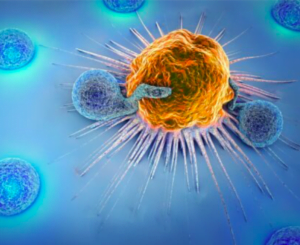
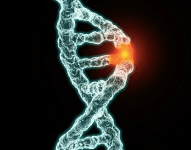
.
.
Why combining vitamin D with probiotics is so important
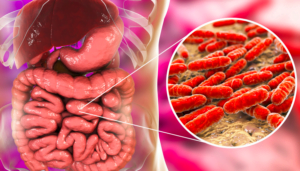
The role of the gut microbiome (bacteria) is now increasingly being recognised as vital for of Vitamin D absorption. People with poor gut health absorb vitamin D badly, even if they take very high doses. This is one reason why those more likely to have dysbiosis (too many bad bacteria in their guts) such as the elderly, those on medications for indigestion and people who are sedentary or overweight struggle to maintain adequate vitamin D levels.
Fortunately several, well conducted trials have shown that vitamin D supplements which are combined with probiotics and prebiotics such as inulin have a much higher probability of improving serum vitamin levels. This is why Yourgutplus+ was chosen by the scientific committee for the latest long covid intervention study, is being used in the ongoing covid vaccine enhancement study and will be used next prostate cancer study.
More information resources
- Lifestyle tips to maintain gut health
- Lifestyle tips to maintain vitamin D
- 20 lifestyle tips to avoid cancer
- Results of the national covid nutritional intervention study
- Yourgutplus+ and the study evaluating the potential for reducing risks improving benefits following covid vaccination
- Why phytochemical aslo improve gut health
- The national Phyto-v long covid study
.
.
References
- Grant et al Evidence that Vitamin D Supplementation Could Reduce Risk of Influenza and COVID-19 Infections and Deaths Nutrients. 2020 Apr 2;12(4). pii: E988. doi: 10.3390/nu12040988.
- Lazzeroni M et al. Vitamin D and cancer: review of RCT’s. Anticancer Agents Med Chem 2013;13(1):118.
- Gupta P et al. Vitamin D and prostate cancer risk. Prostate Cancer Prostatic Dis. 2009;12(3):215
- Vitamin D, sunlight and prostate cancer. Anti-Cancer Agent Me 2013;13(1):45-57.
- Chiang et al. The Anti-cancer Actions of Vitamin D. Anticancer Agents Med Chem 2013;13(1):126-39.
- Zgaga L et al. Vitamin D Influences Survival After Colorectal Cancer. JCO2014;32(23):2430-2439.
- Ng K et al. Vit-D Levels and Survival in Patients with Colorectal Cancer. JCO 2008;26(18):2984-2991.
- Rose et al. Vitamin D and early stage breast cancer prognosis: a meta-analysis. BJC 2001;85(10):1504.
- Mondul et al. Vitamin D and Prostate Cancer. Cancer Epidemiol Biomarkers Prev 2016; 25(4):665.
- Pilz et al. Vitamin D and cancer mortality: systematic review. Anti-Cancer Agent Me 2013;13(1):107-117.
- Giovannucci et al. Vitamin D and colorectal cancer. Anticancer Agents Med Chem 2013;13(1):11-19.
- Luscome et al. Prostate cancer associations with sunlight. Breast Cancer Res Treat 2013;141(3):331.
- van der Rhee et al Prevention of cancer by sunlight is more than just a vitamin D? EJC 2013; 49(6):1422.
- Garland et al. Meta-analysis of All-Cause Mortality According to Vit-D. A J Pub Health 2014; 104(8): e43.
- Wang et al. Vit-D and Chronic diseases. 2017 Aging Diseases. 2017; 8(3): 346.
- Lappe et al. Effect of Vit-D on cancer incidence in older women. 2007 Am Society clin Nut 2007; 85. 6,1586
- Lapppe et al . A RCT of vt-D versus placebo to prevent cancer. JAMA, 2017; 317 (12), 1234.8.
- Jones ML, . Oral lactobacillus probiotics increases circulating vitamin D: a randomized controlled trial. J Clin Endocrinol Metab. 2013;98:2944–2951. doi: 10.1210/jc.2012-4262. [PubMed]
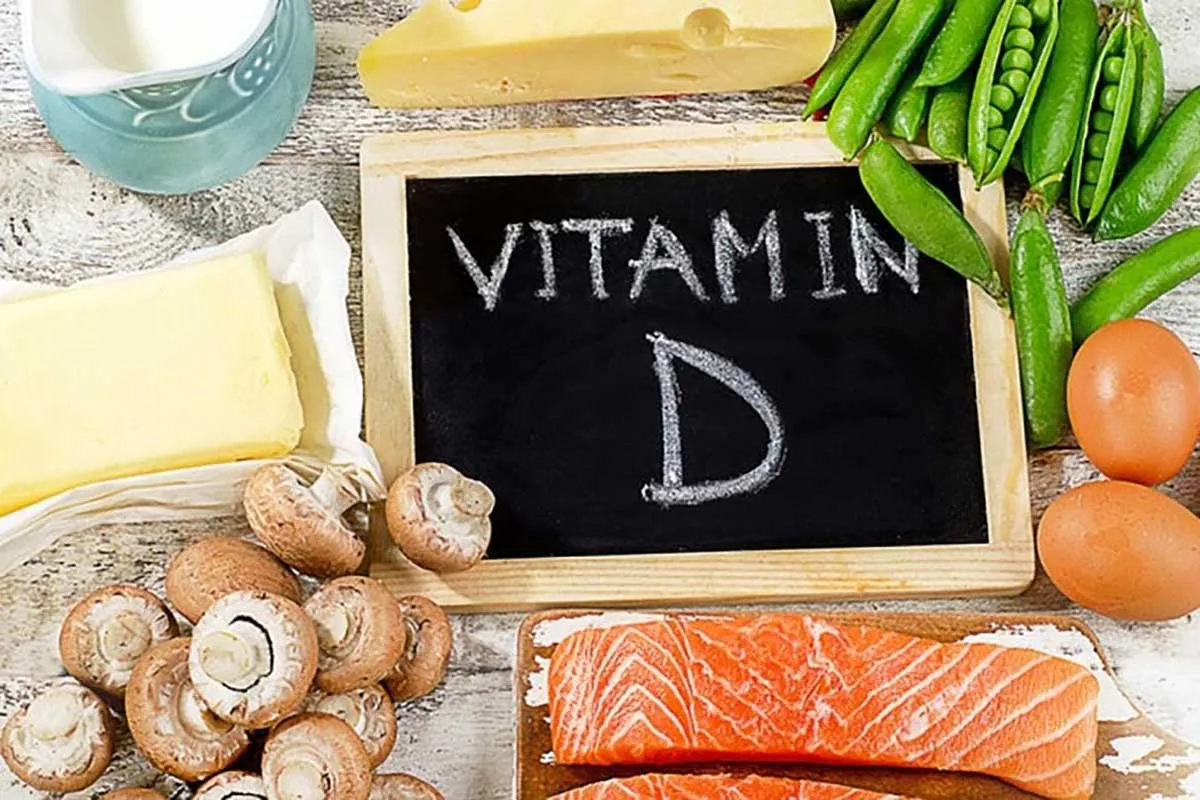
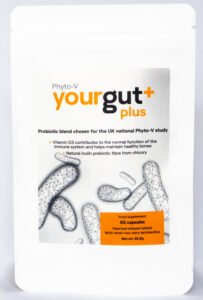

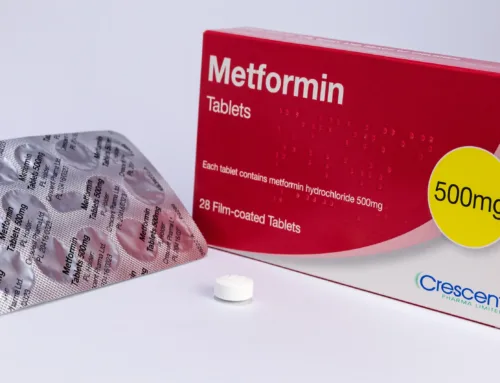


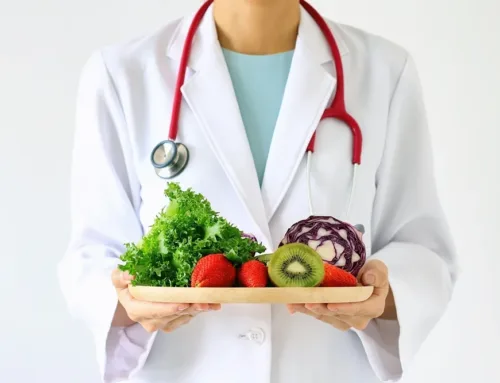
Leave A Comment